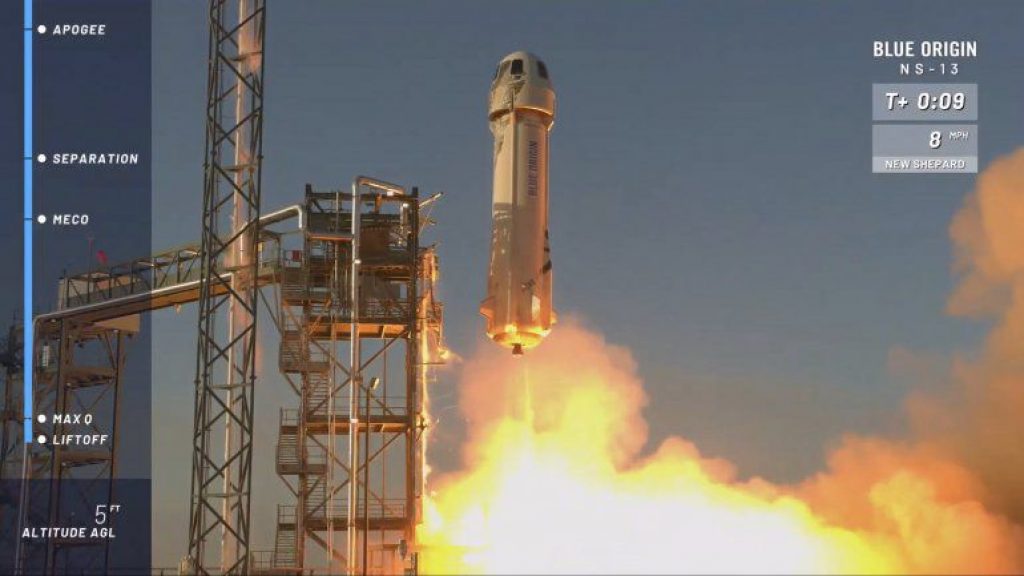Blue Origin filed a lawsuit against NASA with the United States Court of Federal Claims, a spokesperson said.
WASHINGTON – Blue Origin Won’t Give Up: After months of complaints against NASA’s decision to choose SpaceX to build the future lunar lander, the company of tycoon Jeff Bezos announced Monday that it has filed a lawsuit in federal court against the agency. American space.
“Blue Origin has filed a lawsuit with the US Court of Federal Claims,” said a spokesman in a statement sent to AFP, which described the decision as “an attempt to correct the flaws in NASA’s procurement process.”
“We strongly believe that the problems identified in this acquisition must be corrected to restore fairness, create competition and ensure the safe return of the United States to the Moon,” he added.
NASA announced in April that it had awarded the company SpaceX the project to build the manned lunar landing system (Human Landing System, or HLS); a contract that amounts to 2,900 million dollars.
The participants in this call for bids, including Blue Origin, filed a first lawsuit before the congressional body in charge of public accounts control, the GAO, considering that NASA’s evaluation process had been unfair and that the agency Spatial should have picked multiple winners.
But the comptroller body rejected the lawsuit at the end of July, estimating that NASA had not contravened current regulations and that it had reserved “the right to designate several winners, a single winner or no winner.”
Blue Origin reacted to this announcement by stating that GAO was unable to respond to the “fundamental issues” of NASA’s decision due to its limited jurisdictional power, and promised to continue the legal battle.
The US space agency confirmed in a statement Monday that it had been notified of the lawsuit that some officials “are currently studying in detail.”
NASA aims, with its Artemis program, to send American astronauts to the Moon in 2024, including a woman for the first time.
